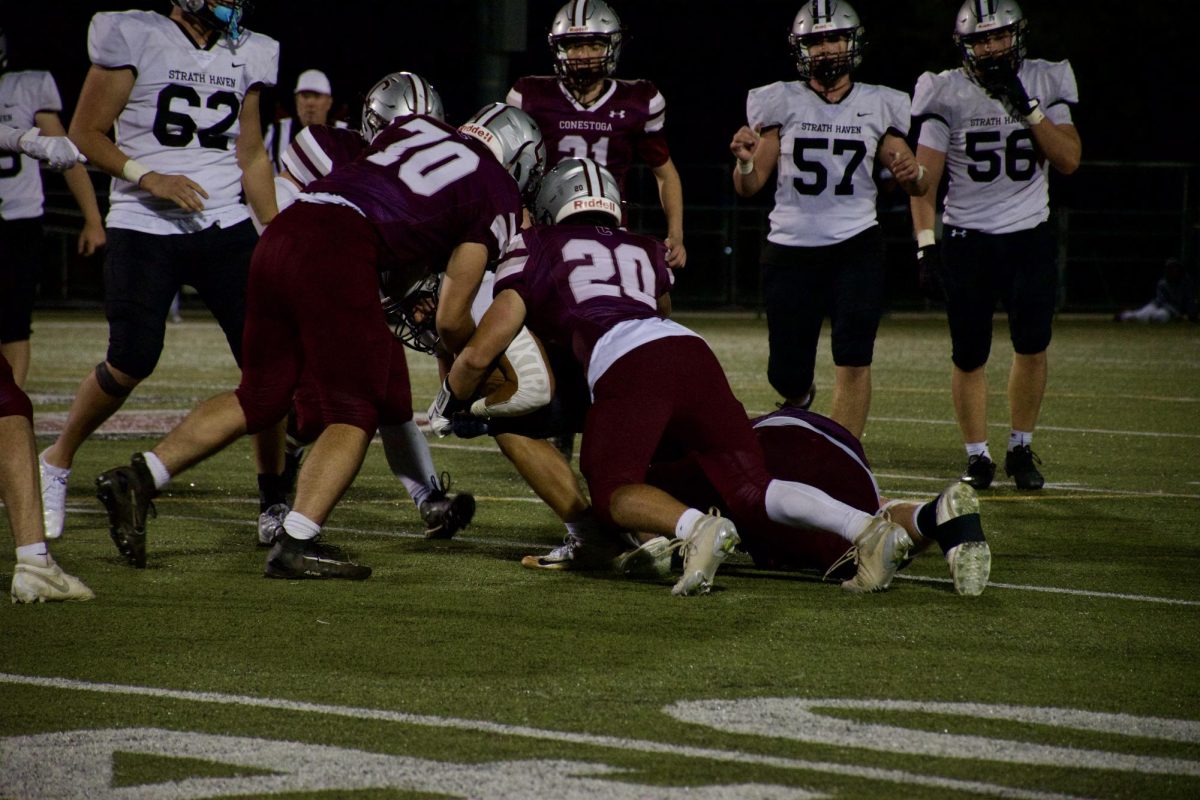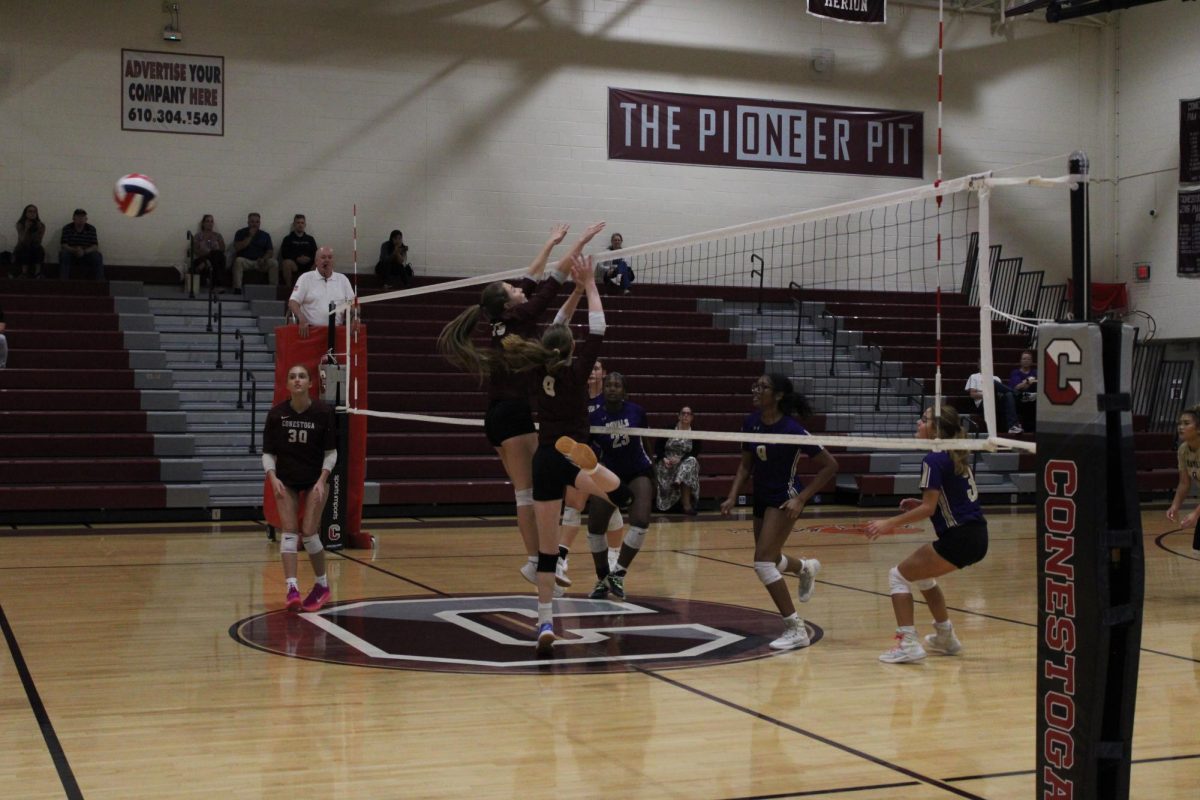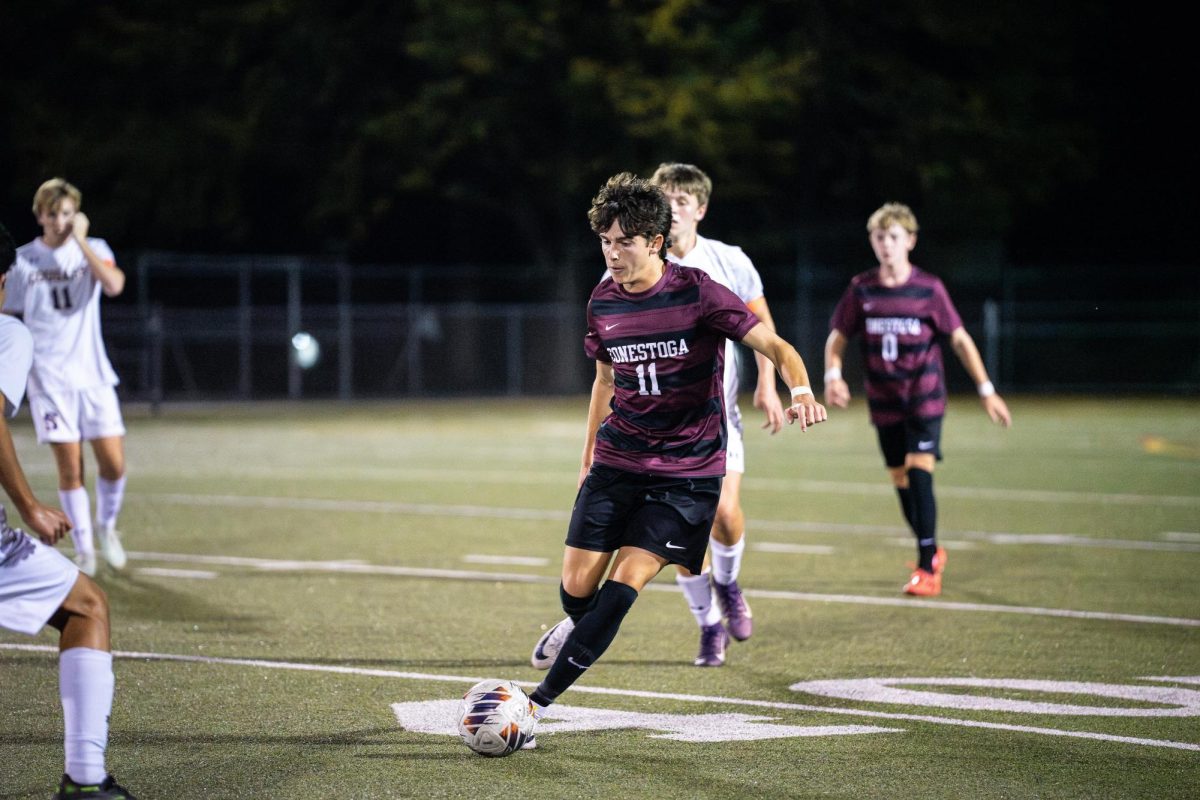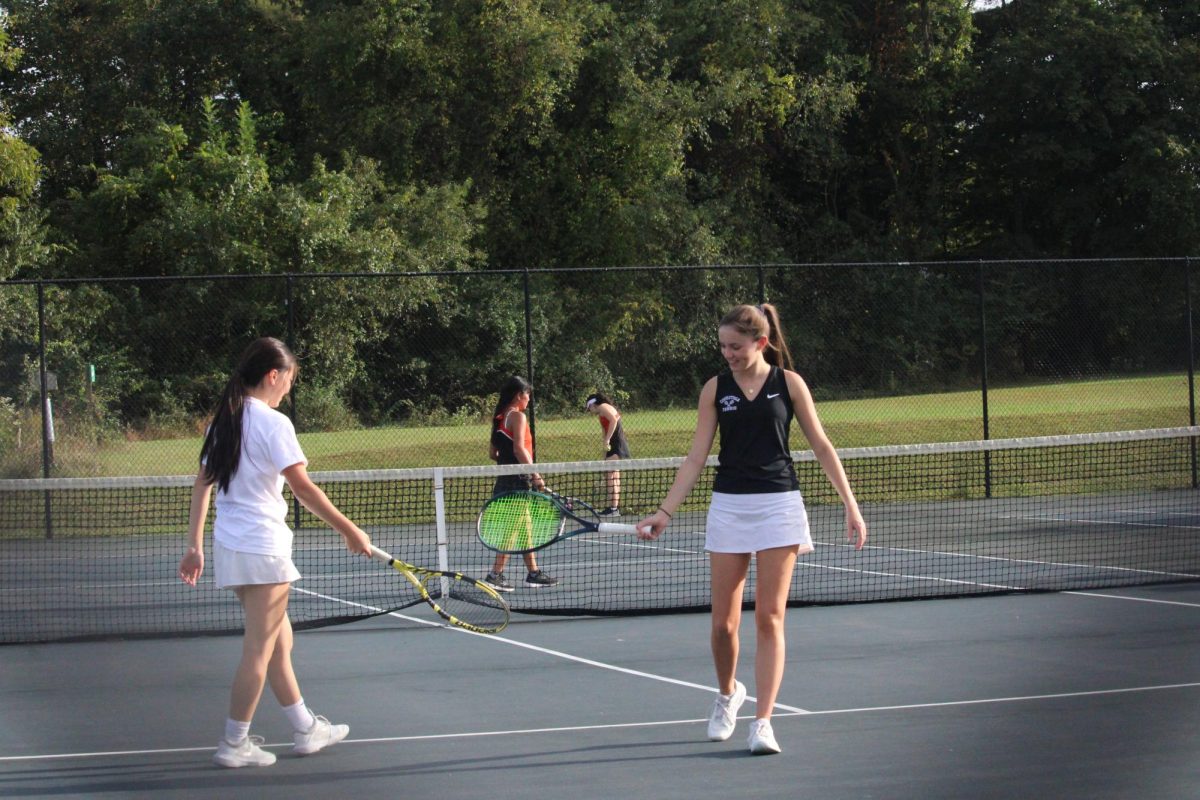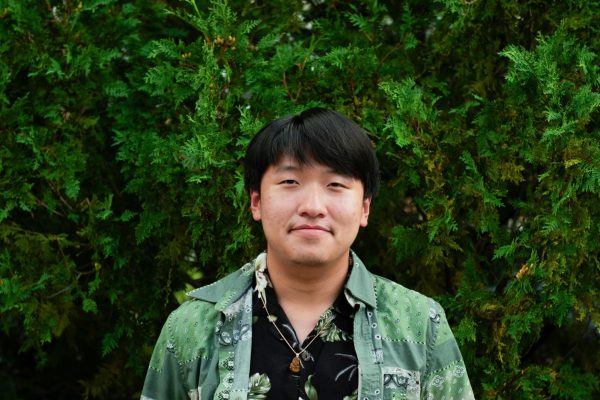By Jeffrey Heng, Co-Opinion Editor
As you’ve seen on our front page this issue, The Spoke covered the “Save Chinatown” movement in Philadelphia in response to the proposal of the 76ers arena that would likely gentrify and displace many residents in the area. The ongoing fight not only demonstrates unjust discrimination toward the oppressed in Philadelphia, but also toward youth and marginalized groups as a whole, a conclusion I’ve come to from my experiences working with multiracial kids this summer and the Sept. 7 “Save Chinatown” rally at City Hall.
This past year, I worked at a summer camp where I assisted a small class of elementary school campers who had English as a second language and a variety of backgrounds coming from Africa and South America. Socializing them with one another posed challenges as there was conflict due to the language barrier.
Their assigned teacher, however, failed to realize the obvious language barrier between them and the campers — that half of their class was not able to understand a word they said. The teacher made no effort, despite the given resources, funds and support, to make class engaging. I always left that classroom disheartened, seeing kids’ education restricted by people in power.
After the teacher left, I spent time with the campers, toggling between languages as best as I could. Sitting down with one of the Spanish-speaking students, I taught them their times tables within minutes; in return, they taught me to realize that each individual comes from different backgrounds, education and experiences at home.
In the essay collection “Teaching to Transgress,” American author and activist bell hooks pushes against boundaries and challenges forms of oppression like racism, sexism and classism as well as the failure of teaching. She states, “My teachers made sure they ‘knew’ us … our parents … economic status, where we worshipped, what our homes were like, and how we were treated in the family.”
Hooks speaks to cultural competency — being able to respect and understand people of different cultures — and presents a message applicable beyond our classrooms.
Similarly, the intersectionality of multiple identities compelled me during the Sept. 7 rally. Guest speakers on stage were not composed of only Asian Americans: Black people, Latinos, LGBTQ community members and other groups were the same ralliers who gave speeches, who fought for Chinatown, who protested against city officials, who got drenched in pouring rain with a common purpose — representing the foundation of our city’s cultural significance.
Chinatown is not just a space for Asian Americans; it’s shared by and is a home for numerous social groups who suffer under the same umbrella of struggles. Rich billionaires and people in power try to pit minority groups against each other while ignoring the detrimental consequences to our ethnic community, an all-too-familiar phenomenon evident from history. However, people fighting against injustices such as the arena know better from the innumerable acts of discrimination toward our neighbors, families and friends.
When we chant “Hands off Chinatown,” it really means this: we will stand up and fight back for our communities, our elders, our children, our liberation and our representation — the culture that we all champion in solidarity.
Jeffrey Heng can be reached at [email protected].


















































